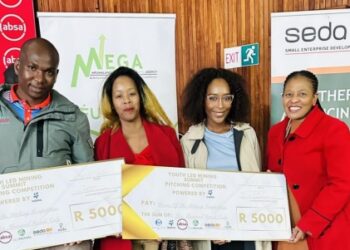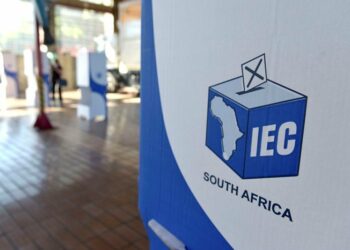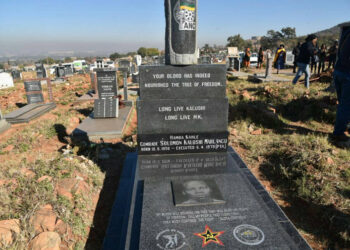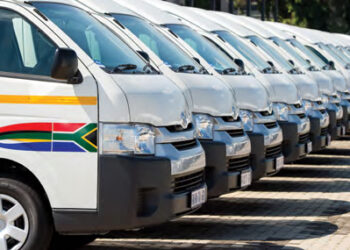Mpumalanga celebrated World Water Day on 22 March under the theme valuing water.
The day in the province is observed by celebrating water and raising awareness of the global water crisis.
As the province celebrated this international day, revelations of the Stats SA’s General Household Survey 2019 indicated that there is a decline in access to water for people living in Mpumalanga by 5.3% to 85.2% between 2002 and 2019.
Mary Du Toit a Delmas, water activist reminded Highveld Chronicle that, “Access to water is a sensitive topic, you need to remember that we witnessed protest action in Nkomazi because of lack of it and also again in Dr JS Moroka local municipality. These protests all took place in the midst of the first wave of the Covid-19 pandemic and women and children had to risk their health by spending more time fetching and looking for water,” Du Toit said.
Women and children’s access to water in Mpumalanga is sensitive topic as it has enormous and complex values to households, food, culture, health, education, economics and the integrity of the province’s natural environment. WaterAid has pointed out in a statement that, “When so much time is spent collecting water, it prevents women and girls from receiving an education or earning a living. People recovering from illnesses are unable to work or attend school putting them at increasing risk of extreme poverty and marginalization.”
According to WaterAid, “Each year, women and girls collectively spend an estimated 200 million hours about 23,000 years walking just to collect water. It has been estimated that around 63% of women are responsible for household water collection in rural areas.”
Old and dilapidated water infrastructure in most municipalities like Thaba Chweu and Dipaleseng play a huge role in hindering local governments’ provision of water to all its locals. “The decrease in water provision between 2002 and 2019 by 5.3% to 85.2% stems from huge water losses alongside ageing water infrastructure, lacking water infrastructure and also large sums of debt to external entities,” the Democratic Alliance (DA) in Mpumalanga indicated in a statement.
In 2020, Lekwa local municipality’s water shortages affected the success of companies such as Astral Foods. Recently it lost 83% of the water it has purchased due to old and dilapidated infrastructure. Trudie Grove-Morgan spokesperson on Cogta said the DA is calling on the Mpumalanga provincial government to reduce the water which is being lost through old and dilapidated infrastructure.
“The Covid-19 pandemic and related lockdown brought the hardships which many of the residents faced on a daily basis to the fore as the residents in Nkomazi, Thembisile Hani and Dr JS Moroka local municipalities were without water since before the lockdown started,” Trudie Grove-Morgan said.
According to WaterAid 2.2 billion people do not have a reliable and safe supply of water. Between 2000 and 2017, 1.8 billion people gained access to at least a basic water service but one in ten people still do not have clean water close to home.






















